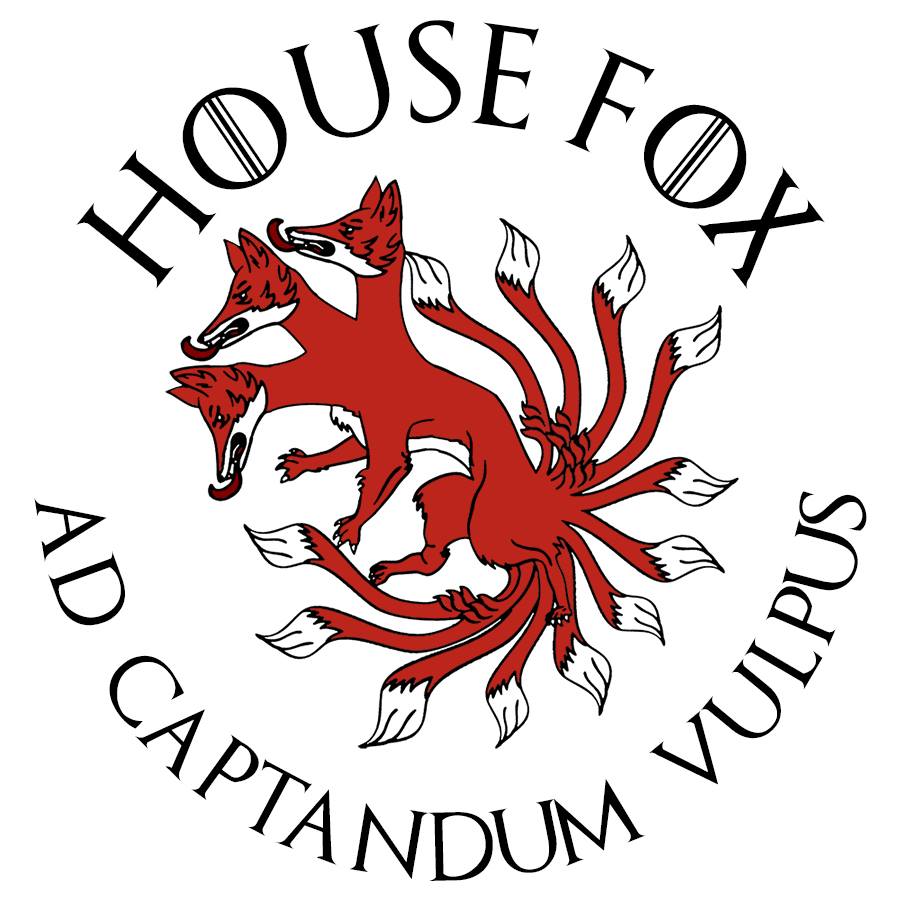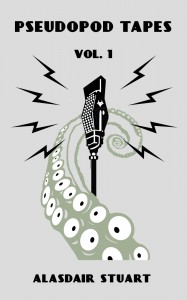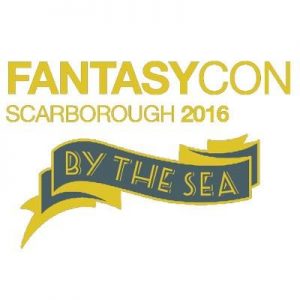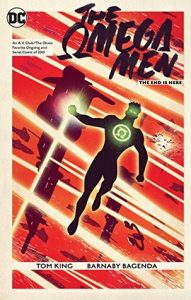ConZealand. the 2020 Hugos and the Past-Present Future. – By Russell A Smith
I got a very last minute membership to ConZealand via an application to the Inclusion Initiative someone kindly mentioned to me existed. That is to say, that as a BIPOC con-goer and fan and writer who would certainly have had a financial barrier to getting to the event otherwise. I was both grateful, and applied to this, because inclusion is often a great barrier prevention conventions etc from being all they might be genuinely being all it could be. Especially this year of Black Lives Matter etc.
Because I ended up joining very late in the day, I missed out on applying to be a part of programming for the most part, but booked a spot on the ConZealand Fringe, Your Fave Is Problematic panel. With the excellent Jeannette Ng , Noria Reads, Shaun Duke and Foz Meadows. While we had enough to get through that the panellists were still chatting a good hour after the item officially finished, we had no idea what was coming next.
A little context first. Last year, Jeannette herself spelled it out here:
https://www.youtube.com/watch?v=sQ58zf0vzB0
And I should add that this was far from the first time the issue was mentioned. However, the award previously named for Campbell’s legacy was renamed the Astounding Award, in an effort to close the tainted chapter of SF history.
Now, it would have been reasonable to have assumed the change would perhaps herald a new era and one whereby the world of fandom might consider moving forwards. Instead, the conversation loudly came back, backwards, on to this business, starting with the 1945 Retro Hugos. It’s fair to say a few eyebrows were raised when H.P. Lovecraft, himself well-known for a damaged legend despite a practically ubiquitous mythos and then John W. Campbell Jr himself, won awards for Best Series and Best Editor, Short Form respectively. The conversation and spotlight were firmly back on an area it seemed fandom wanted to leave in the past.
That this first part grew quiet by the end of the convention was only because an even greater controversy drowned it out. You might wish to see full ceremony for yourselves, though I can’t recommend doing so. But for those of us who were ‘there’, we all saw what we saw. A certain irony has been regularly pointed out that in the home of the epic-length Peter Jackson Lord of the Rings trilogy, the awards were like an extended edition in themselves. Of the three and a half hours or so, half of this was the toastmaster, telling many tales about fandom of old. This may not sound too bad on the surface, but a name I’ve already mentioned two times too often in this piece was then lauded by the toastmaster, along with Lovecraft, and Robert Silverberg, himself a target of controversy in recent Worldcon years, got in on the act.
To invoke his name once would be reasonable, if only to remind us that the Award is now Astounding. To do so a couple of times is perhaps forgivable, if only to see the changes through. When it becomes the kind of drinking game whereby were players to take a drink at each mention, they would be paralytic within the first 45 minutes, that has to be considered deliberate. Intentional. If you know full well as the Toastmaster that an award got renamed last year for reasons that have been mentioned for years and then utter the previous name more times in three hours more often than Sean Bean’s Sharpe utters the word, ‘bastard!’ over the entire series run, again, you have to question intent.
And that’s the point which tips this over from a misstep, or a generational communication issue, to a targeted barrage. Intention matters.
Much like the way there are attempts to explain the numerous mispronunciations of names not only of people, but of publications took place. Again, it comes down to intent. It was less a matter of how badly but more the lack of effort. As I watched, and it’s not one of those things I know how to describe easily, I had that same feeling I saw while I was back in school classrooms when a teacher would do that to some of my classmates and somehow happen to be the only person laughing.
Even putting that aside, a host is not there to be the show any more than a DJ at a wedding reception is generally there to give an hour-long speech telling us about that time he did a politician’s birthday party. The disconnect between what was happening between the hosting and the winners was really not a good look.
Now, with all that said, the Hugo Award winners, each and every one of them, gave a range of outstanding speeches, and every single one of them deserves the attention I didn’t get around to giving them here because I’ve been too busy mentioning why we had such a hard time watching the centrepiece of what was otherwise a mostly excellent convention.
https://www.youtube.com/watch?time_continue=6&v=7yGPBIQvs0Y&feature=emb_title
Let us leave on the high note of knowing not only were those speeches a triumph of the creators to come in a year of adversity, but also that the technological achievement in bringing this together when at one point it seemed possible we wouldn’t have a Worldcon at all was nothing short of wizardry. Mostly secure programme items had no problems with rooms being too full to enter, no lengthy walks between one item to the next, the ability to rewatch at a more friendly time to your side of the world, bar areas masterfully recreated in Zoom and Discord for a chance to hang out with friends old and new. . .this was quite simply put about as close to actually being there as was possible, right down to the fact that I genuinely need a couple of days to recover afterwards, which is where I shall leave you all.









